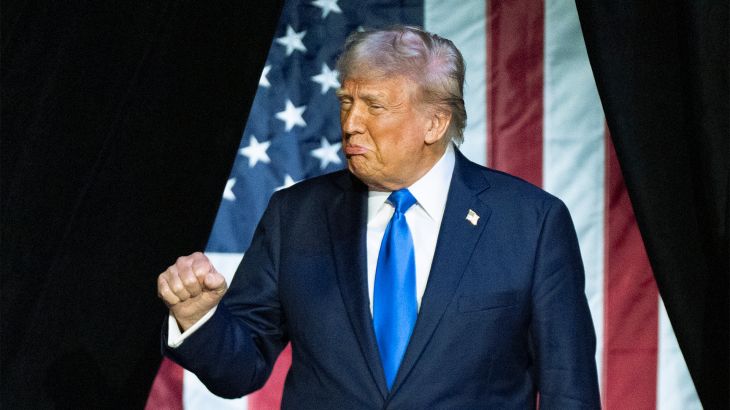Assessing Trump’s Impact on the United States

Donald Trump’s return to the presidency has brought significant shifts across multiple sectors, sparking intense debate about the impact of his policies. From economic strategies to foreign relations, his administration has introduced measures that supporters see as necessary reforms while critics warn of long-term consequences.
On the economic front, Trump has pushed for protectionist policies, implementing tariffs that aim to boost American industries. While some businesses have benefited, others face challenges due to disrupted trade partnerships and rising costs.
Immigration remains a cornerstone of his approach, with tightened border security and mass deportation policies causing widespread controversy. Proponents argue that stronger enforcement is essential for national security, while opponents point to humanitarian concerns and labor market disruptions.
His foreign policy decisions have led to recalibrated alliances and trade agreements, with a focus on renegotiating global partnerships. Moves to decrease involvement in international organizations have raised questions about America’s role in global diplomacy.
As the administration continues to reshape governance, the debate over Trump’s effectiveness remains sharp. Some view his leadership as bold action in response to economic and security concerns, while others fear instability and isolation from key allies. The long-term effects of his presidency are still unfolding, leaving the nation divided on whether his policies signify success or uncertainty.